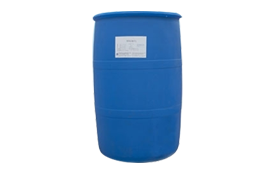When making mold in construction industry, adding APG into concrete can play the role of demulsifier, thickener, dispersant and dustproof agent.
APG can be used as a cleaner for hard surfaces, such as tableware detergent. In addition to its strong soiling power, APG not only leaves no trace on the washing products, but also has antibacterial activity, so it has attracted special attention. APG can thicken and increase viscosity in many detergents (C8 ~ C12 types). In food processing, APG cooperates with other additives to make the food loose in structure and good in taste. A large number of experiments have proved that the addition of APG into fire extinguishing agent can greatly enhance the fire extinguishing effect. The mixture of APG and alkyl tin can make a variety of minerals In the paper industry, APG is a good chemical additive. In short, APG is more and more widely used.

In the pharmaceutical industry, APG is mainly used as emulsifier, dispersant or synergist of active components. Murakai Masahiro found that APG is an enhancer of intestinal absorption function. It is considered that APG in this kind of drugs will be practical. APG can also be used in the manufacture of oral hygiene drugs.
APG is often used as emulsifier in pesticide industry; In addition, APG also has significant synergistic effects on herbicides, pesticides and fungicides.
Because APG has the advantages of high critical micelle concentration, high UV transmittance and no protein deformation, it is still possible to use APG in the refining of cytochrome c, RNA polymerase, rhodopsin and fatty acids in biochemistry. Biological (life) science is a "hot subject" for human survival and longevity. The above APG applications add the practical effect of "green products" and are of far-reaching significance.